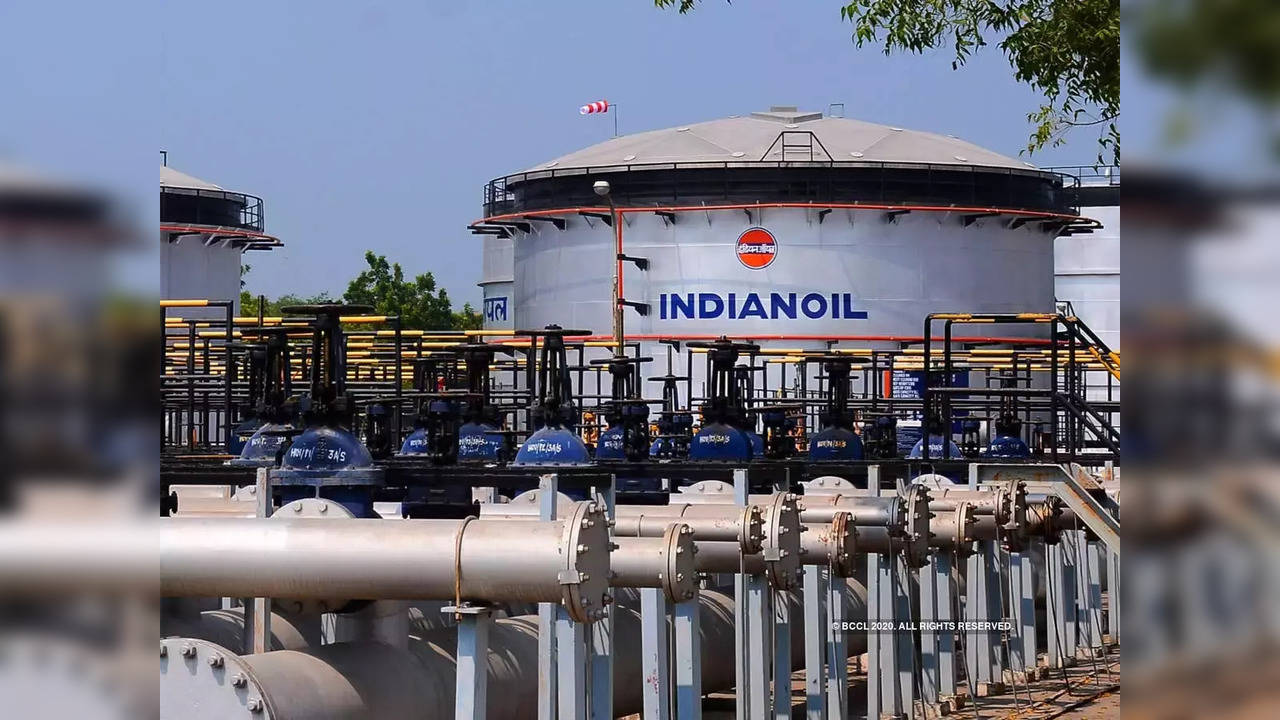Govt puts oil pipeline monetisation plan on back burner as state-run firms resist
Oil and gas companies were against the move from the beginning as they considered pipelines key to their business for efficient functioning.

PSUs resisted monetisation move from the start.
New Delhi: State-owned gas transporter GAIL, Indian Oil and Hindustan Petroleum are likely to postpone the proposed pipeline monetisation plan as they have reportedly convinced the petroleum ministry that this would be a costly move to raise capital.
Citing people with knowledge of the matter, ET reported the government expected the public sector companies to transfer some of their pipelines to separate infrastructure investment trusts (InvITs) and sell minority stakes in those to garner Rs 17,000 crore.
The companies emphasised that their high credit ratings, among the best in the country, will help them to raise funds at a much lower cost than any return they would have to give InvIT investors, the financial daily mentioned, citing sources.
Last year, the Centre announced the monetisation programme in the Budget 2021 to release resources that could then be deployed in new projects, helping increase investment in an economy affected by the economic shock induced by the pandemic.
“The pipeline monetisation plan is no more on the table,” the daily quoted one of the persons cited above as saying.
Oil and gas companies were against the move from the beginning as they considered pipelines key to their business for efficient functioning, highlighting that the InvIT model works well for the road sector where the cost of funds is huge but not so viable for state-owned oil and gas companies.
The daily cited a source as saying with the monetisation plan deferred, the Centre is considering whether the oil and gas pipelines of all companies can be managed by a third party or shared, mentioning telcos that do this with towers.
According to the original monetisation plan, GAIL’s Dahej-UranPanvel-Dabhol pipeline and Dabhol-Bengaluru pipeline, with a combined length of 2,000 km, were to be monetised first through the InvIT route.
Trending:
End of Article
Subscribe to our daily Newsletter!
Related News





Uday Kotak's Wealth Dips USD 1.3 Billion After RBI's Directive On Kotak Mahindra Bank - Details

Tech Mahindra's Q4FY24 Net Profit Plunges By 41 pc To Rs 661 Crore - Details

Tech Mahindra Q4 Results: IT Company Announces Massive Dividend - Know Amount, And Other Details

ACC Q4 Results 2024: Cement Company Announced Dividend - Know Amount, Record Date And Other Details

How to Become a Successful Trader? Here's What Zerodha CEO Nithin Kamath Said









